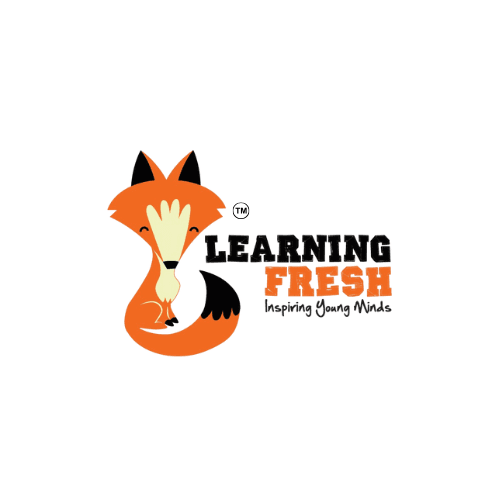How to Incorporate Local Culture into Education Programs in Malaysia
Understanding the Importance of Local Culture in Education
Incorporating local culture into education programs is crucial for nurturing a sense of identity and belonging among students. In Malaysia, a country rich in cultural diversity, this approach can enhance learning experiences and foster greater appreciation for the various ethnic communities. By integrating local culture, educators can make lessons more relatable and engaging, thereby improving student outcomes.
Local culture encompasses traditions, languages, customs, and values that are unique to a specific group or region. When these elements are embedded within educational content, students are more likely to develop a deeper understanding of their heritage and the communities around them. This approach not only benefits students but also strengthens societal cohesion by promoting mutual respect and understanding.

Strategies for Integrating Local Culture
Incorporate Traditional Stories and Folklore
One effective way to integrate local culture is through storytelling. Malaysian folklore is rich with tales that convey moral lessons and cultural values. Educators can use these stories to teach language, ethics, and history in a way that captivates and resonates with students. By incorporating traditional narratives into the curriculum, teachers can provide students with a sense of cultural continuity.
Use Local Art and Crafts in Lessons
Art and crafts are excellent mediums for bringing local culture into the classroom. Malaysian art forms such as batik, wayang kulit (shadow puppetry), and traditional dance can be incorporated into subjects like art, history, and even mathematics. These activities allow students to express themselves creatively while learning about their cultural heritage. Additionally, hands-on projects can foster collaboration and critical thinking skills.

Engaging the Community
Involve Local Experts and Elders
Inviting community members to participate in educational programs can provide students with authentic insights into local culture. Elders and cultural experts can share their knowledge and experiences, offering students a living connection to their heritage. These interactions can be organized through guest lectures, workshops, or cultural events at schools.
Organize Cultural Exchange Programs
Cultural exchange programs offer students opportunities to experience different aspects of local culture firsthand. Schools can organize visits to cultural sites, festivals, or local businesses to expose students to the diverse cultural landscape of Malaysia. These exchanges not only enrich students' understanding but also promote empathy and inclusivity.

Integrating Language and Literature
Language is a vital component of culture, and incorporating local languages into education programs is essential in preserving linguistic diversity. In Malaysia, where multiple languages are spoken, schools can offer language classes or activities that encourage students to explore different dialects and scripts. This approach helps maintain linguistic heritage while promoting multilingual proficiency.
Additionally, including literature by local authors in the curriculum can give students insights into various cultural perspectives and narratives. By reading works that reflect their own experiences or those of others within their community, students gain a broader understanding of the world around them.
Conclusion: The Impact of Culturally Inclusive Education
Incorporating local culture into education programs in Malaysia not only enhances academic learning but also builds a strong foundation for cultural awareness and appreciation. By using strategies such as storytelling, involving community members, and integrating language instruction, educators can create an enriching environment that celebrates diversity.
Ultimately, culturally inclusive education empowers students to become well-rounded individuals who respect and value the rich tapestry of Malaysian society. Such an approach prepares them to contribute positively to their communities while preserving the cultural legacy for future generations.
